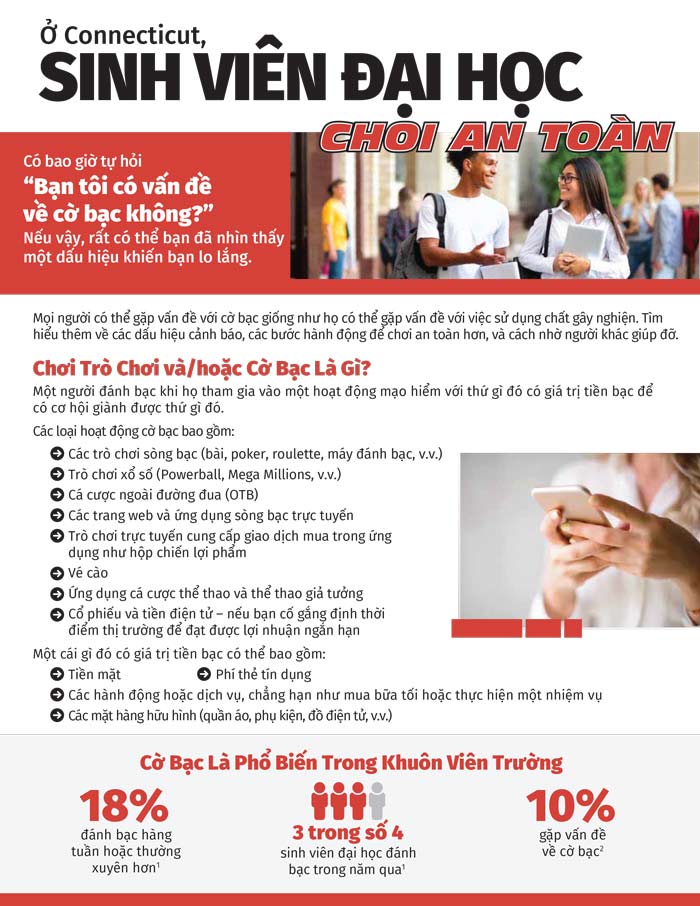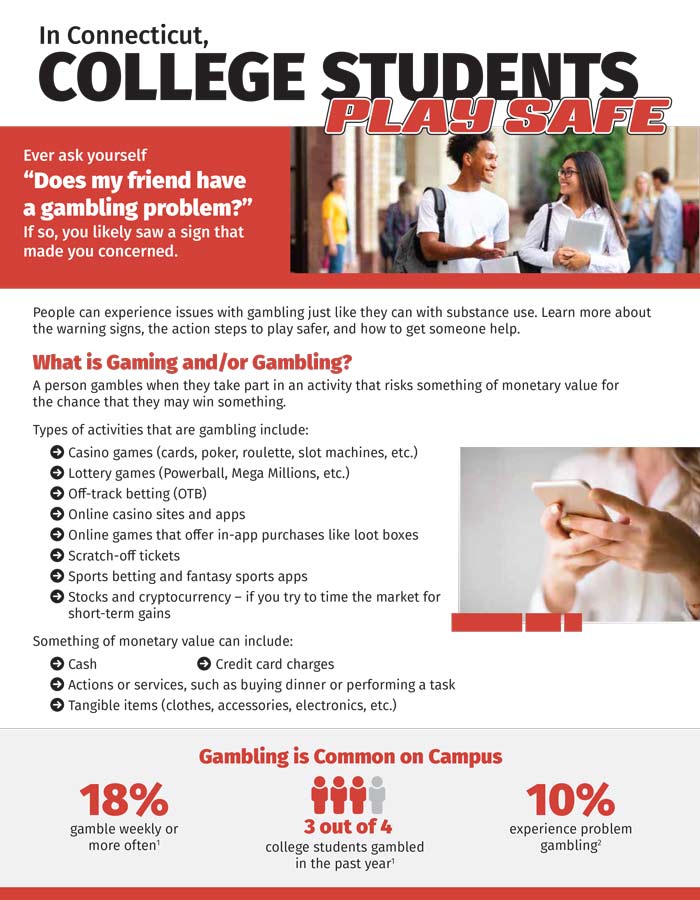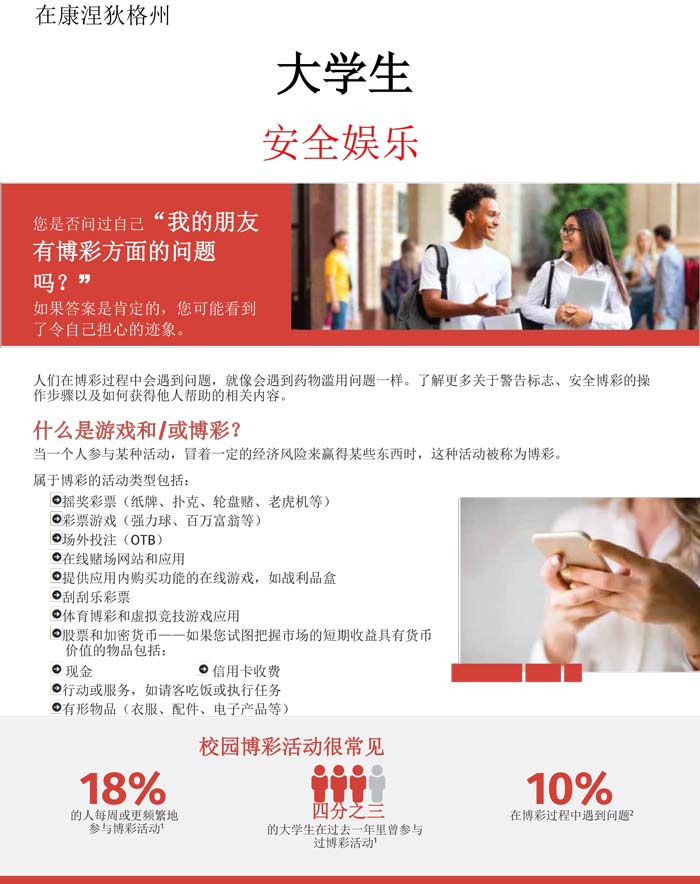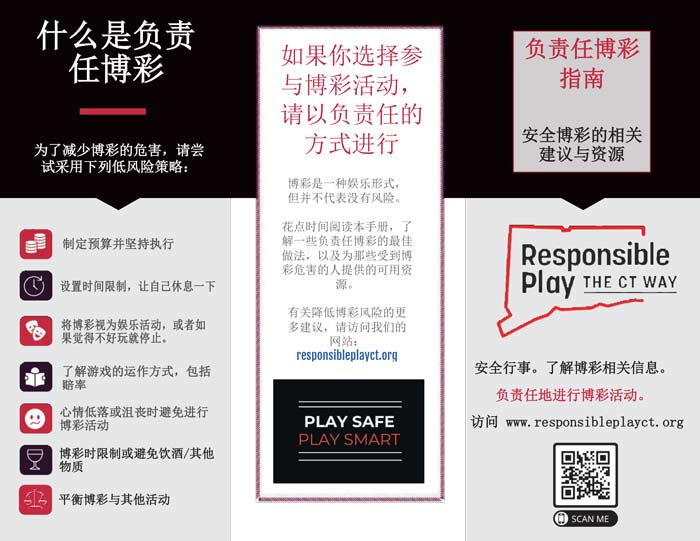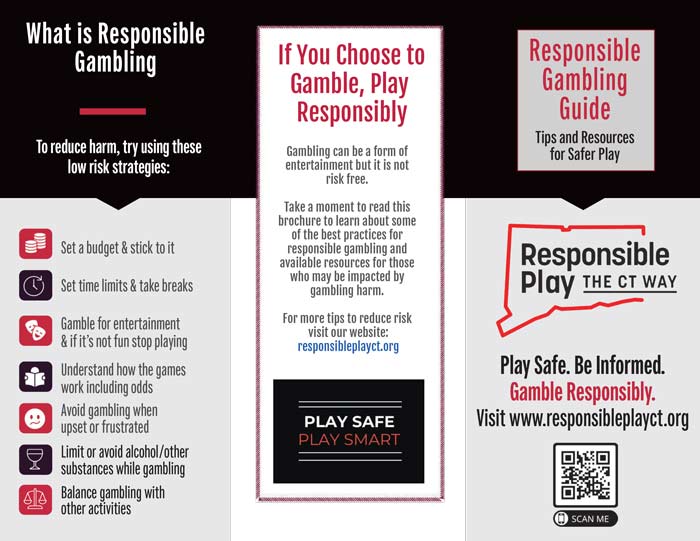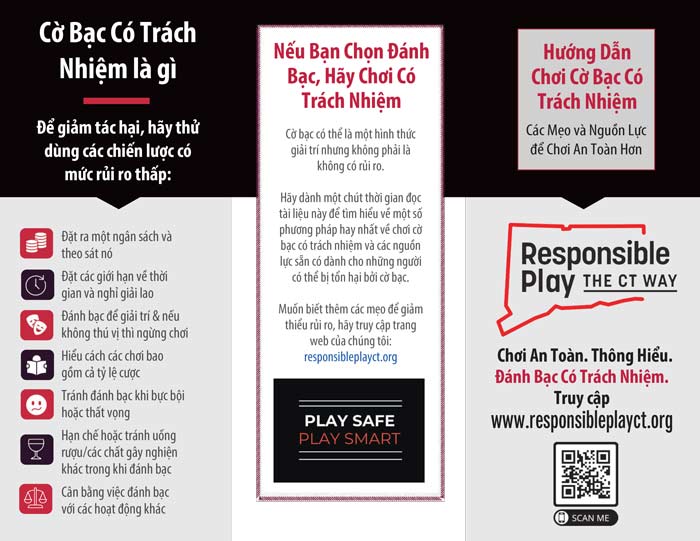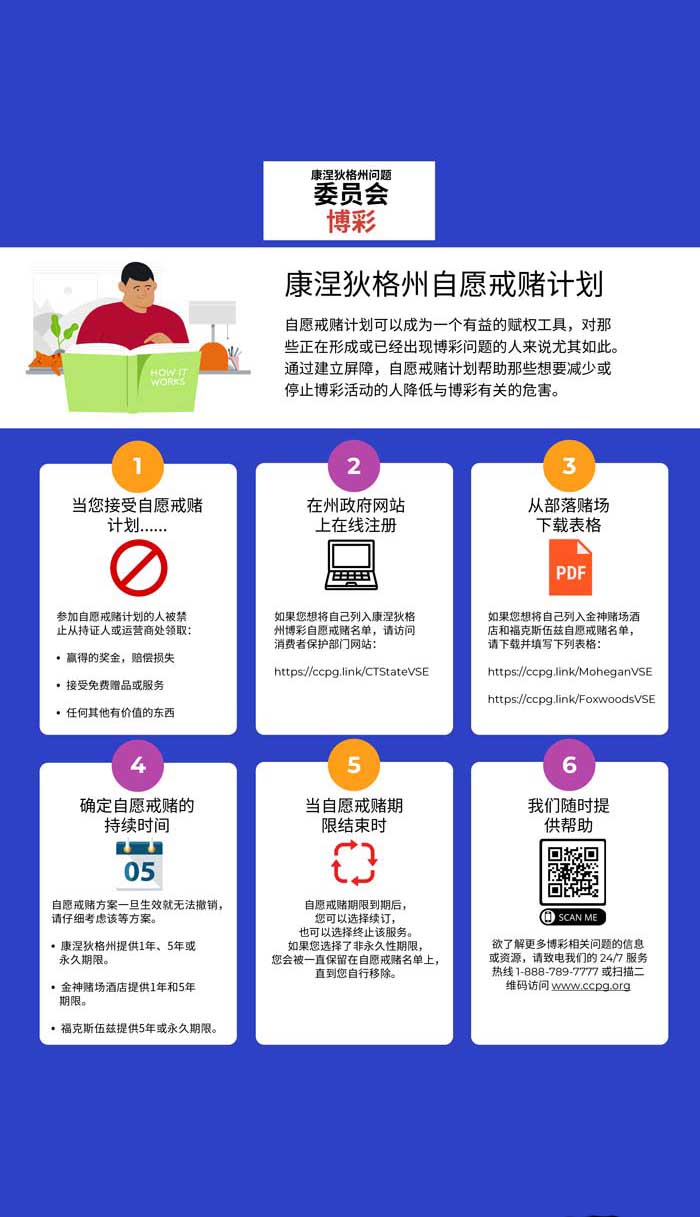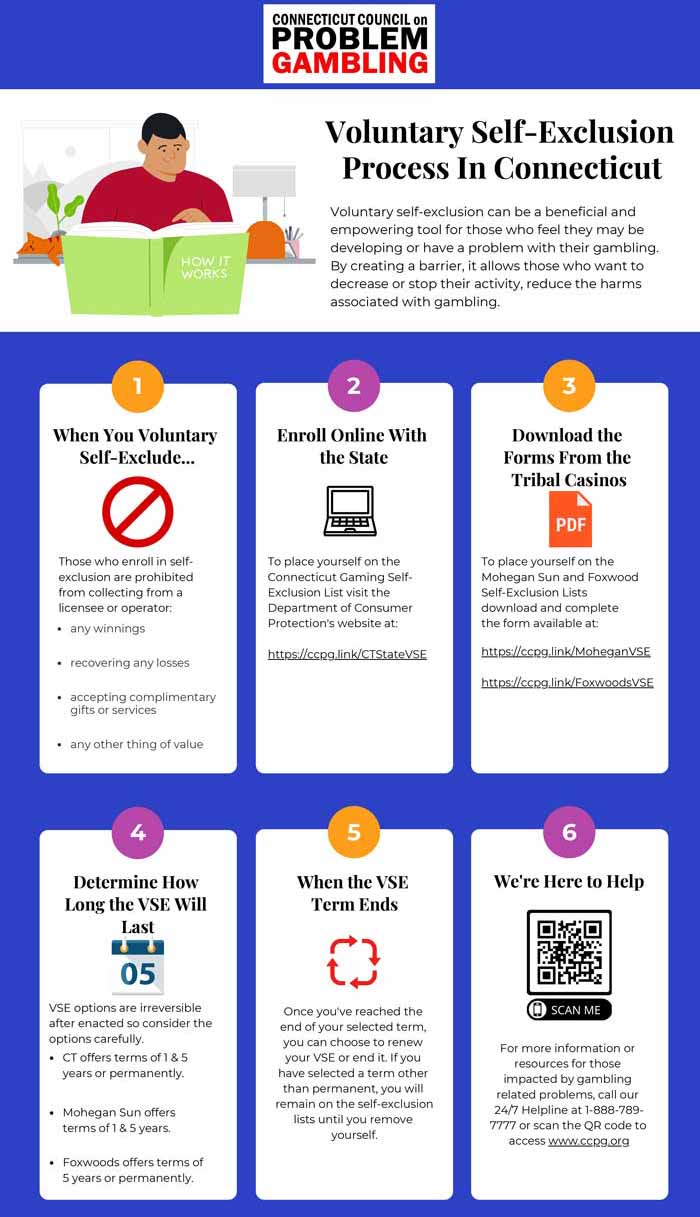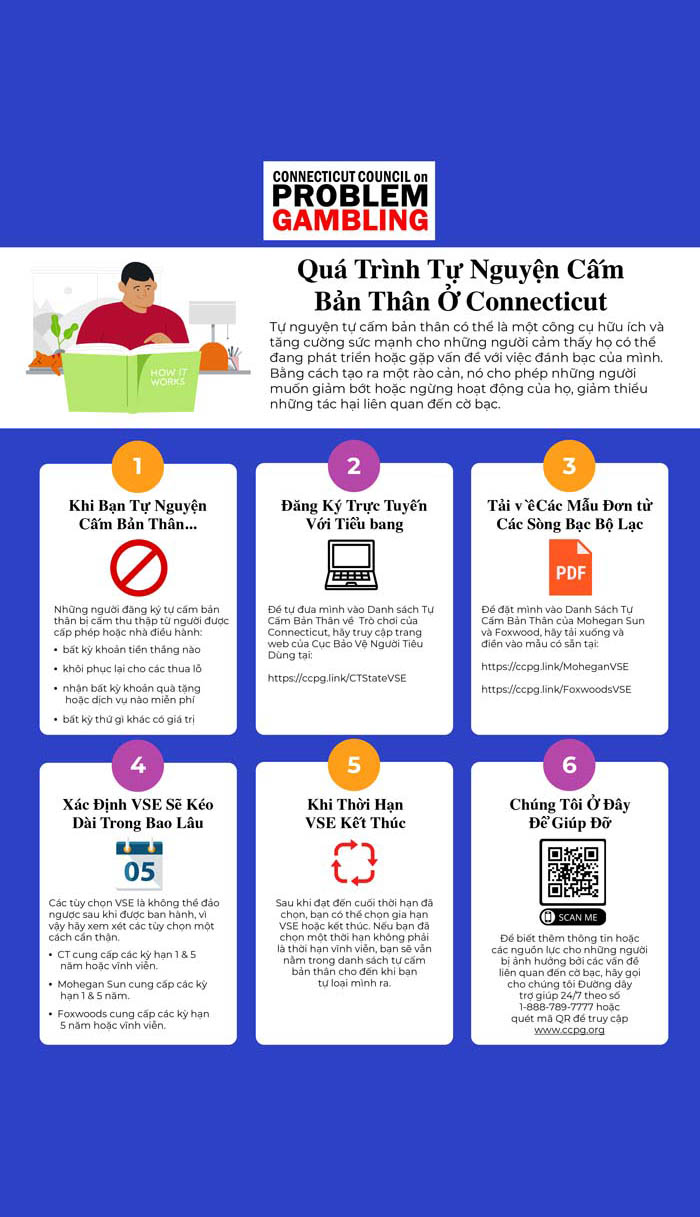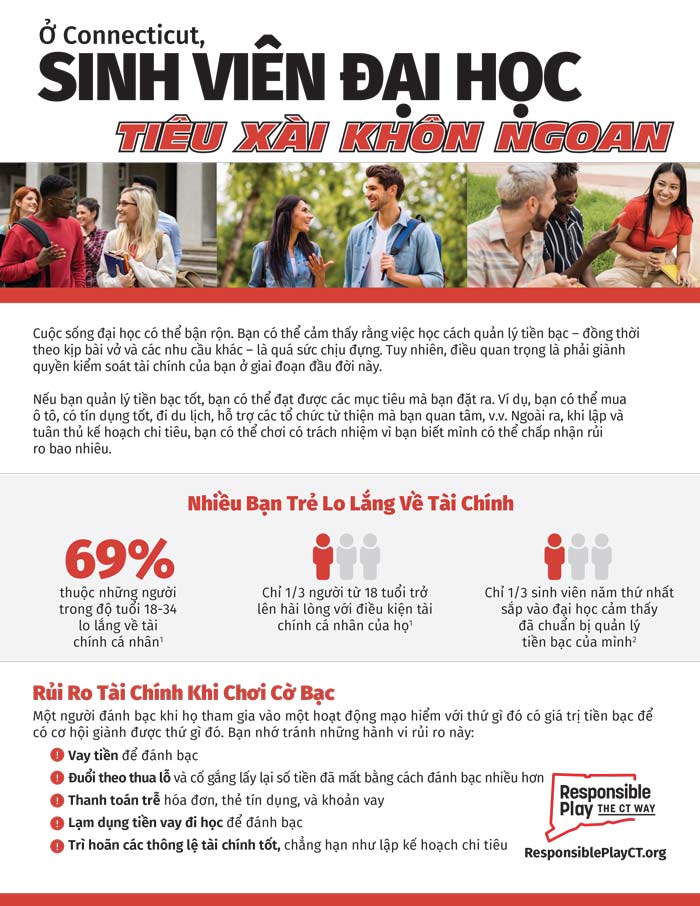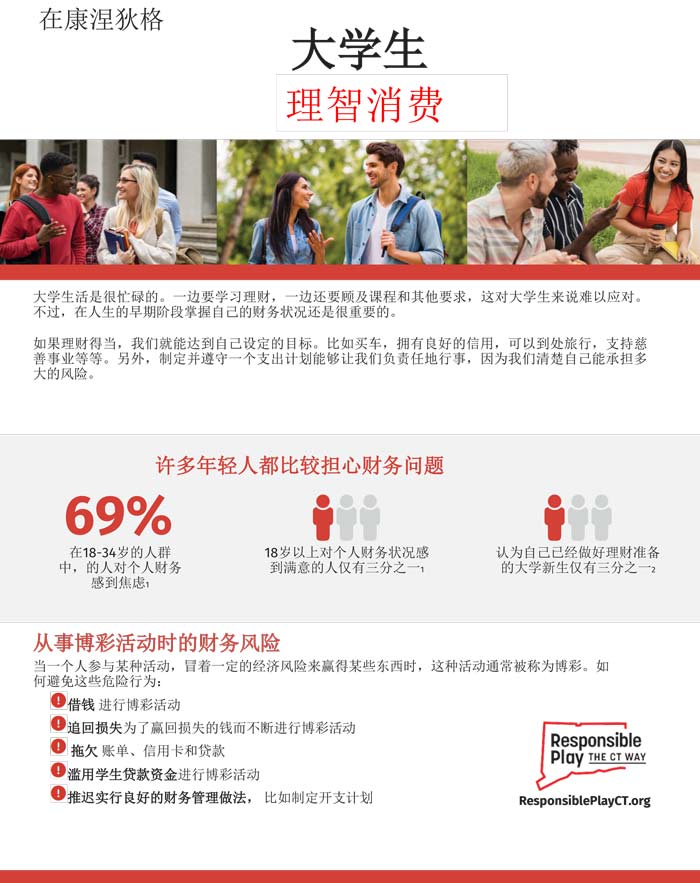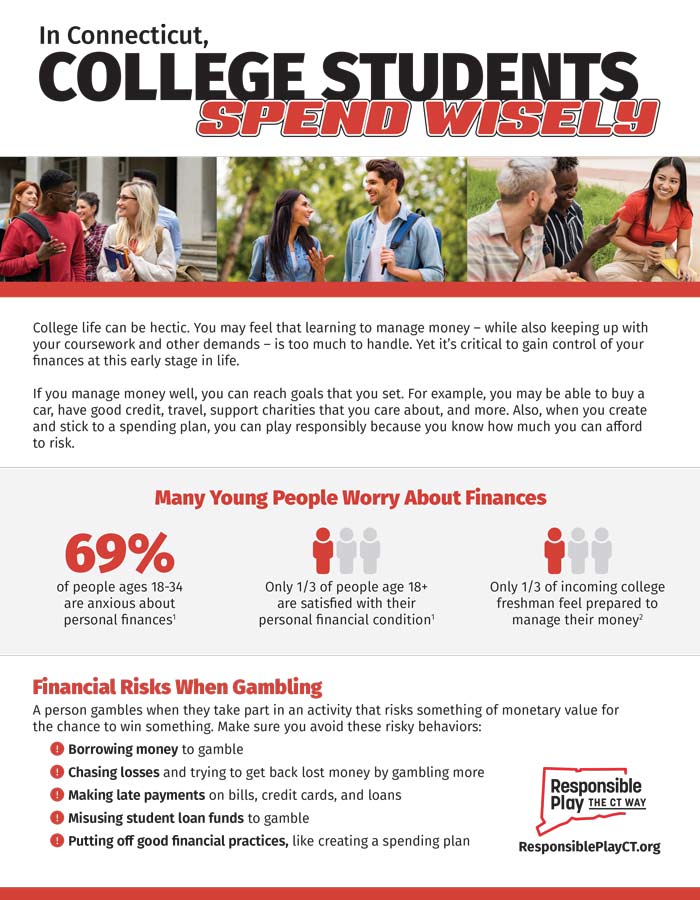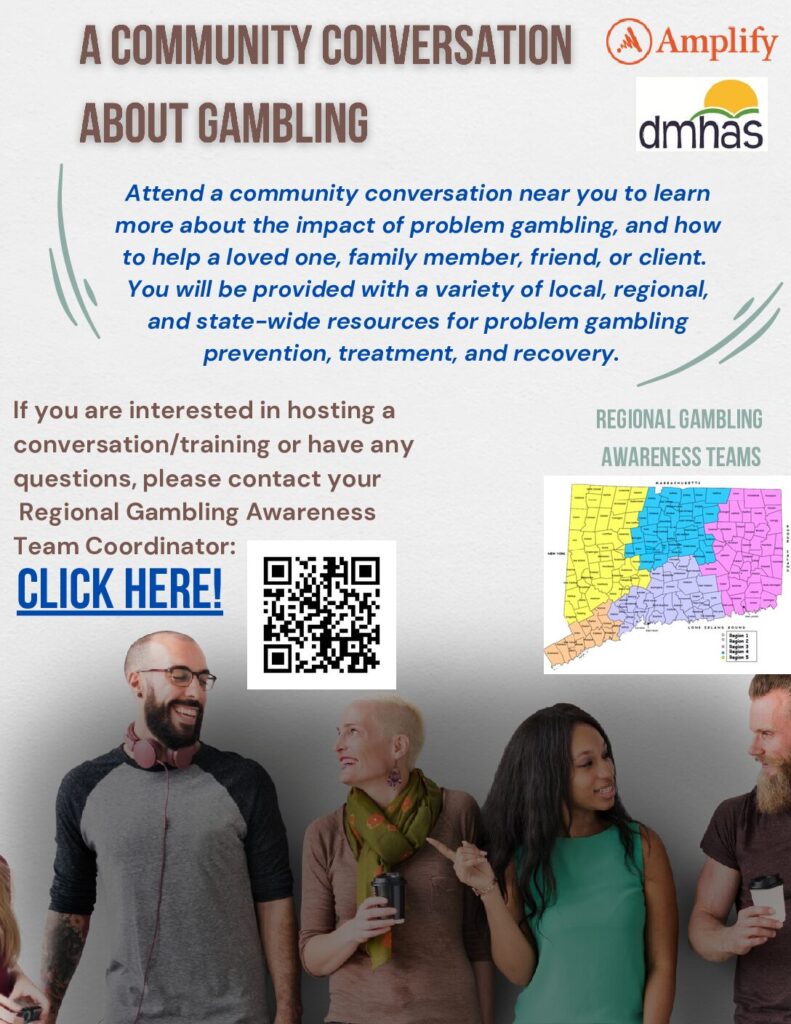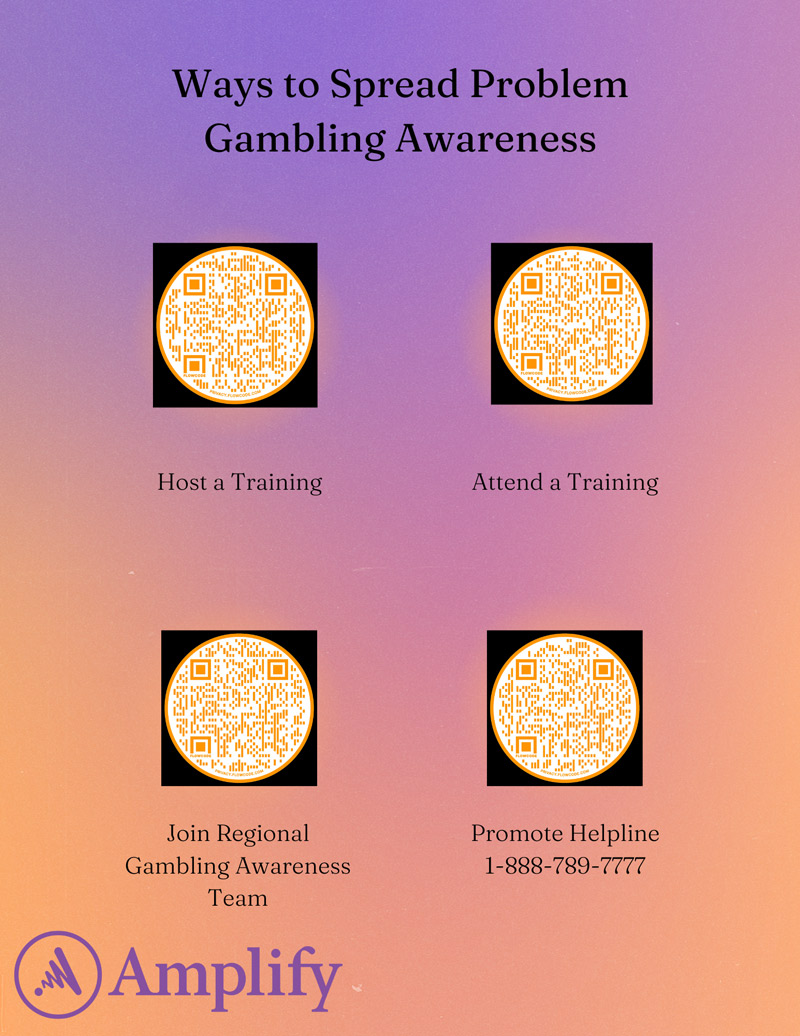Creating Pathways
To Change
To Change
Amplify provides leadership for a team of consumers and professionals to raise awareness about problem gambling and connect them with resources that help.
With funding from the Department of Mental Health and Addiction Services Problem Gambling Unit, Amplify Ambassadors lead training workshops for organizations, tailored to meet their unique needs, including:
+ Community Conversations, a program for youth, veterans, and athletes.
+ The Asian American Pacific Islander Ambassadors (AAPIA) Program, where Asian Ambassadors hold community conversations designed specifically for Asian Americans and for other minority groups.
Problem with Gambling? Get Help Now
Or visit the Connecticut Council on Problem Gambling at ccpg.org

AAPI Resources
Responsible Gambling Guide: Tips and Resources for Safer Play
If you choose to play, play responsibly. Gambling can be a form of entertainment but it is not risk free. Take a moment to read this brochure to learn about some of the best practices for a responsible gambling and available resources for those who may be impacted by gambling harm.
Voluntary Self-Exclusion Process in CT
Voluntary self-exclusion can be a beneficial and empowering tool for those who feel they may be developing or have a problem with their gambling. By creating a barrier, it allows those who want to decrease or stop their activity, reduce the harms associated with gambling.
A Community Conversation About Gambling
Attend a community conversation near you to learn more about the impact of problem gambling, and how to help a loved one, family member, friend, or client. You will be provided with a variety of local, regional, and state-wide resources for problem gambling prevention, treatment, and recovery.


